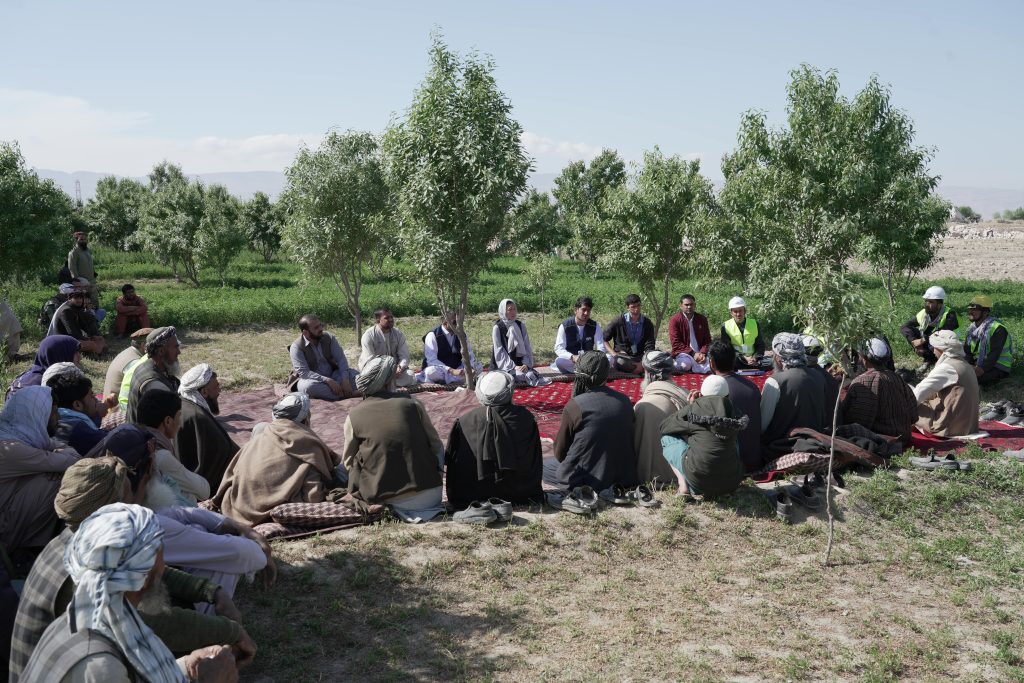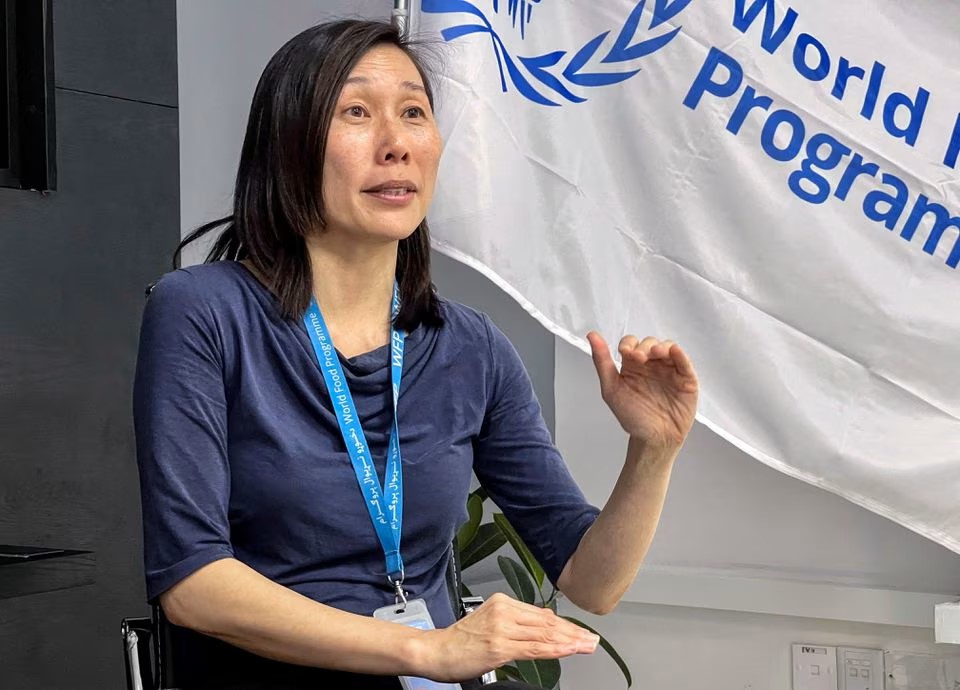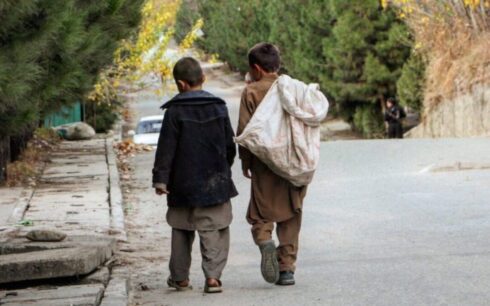The UN World Food Program (WFP) country director in Afghanistan, Hsiao-Wei Lee, has described the situation in Afghanistan as desperate but also highlighted the progress made in addressing the crisis.
Since the Taliban takeover in August 2021 and the subsequent winter, the number of acutely hungry people decreased from 23 million to approximately 15 million.
In an interview with EURACTIV, Lee expressed concern, however, that while the needs have slightly decreased, they remain largely unmet. Acute hunger, including acute food insecurity and famine, arises as a result of conflicts, droughts, climate shocks, and other natural or human-made disasters.
“The situation in Afghanistan […] is one of desperation,” Lee said in an interview with EURACTIV, adding that “but I think also one where we’ve been able to show that there is something we can do about it.”
“Right after August 2021 [the Taliban takeover] and that winter, we saw 23 million people acutely hungry – we have been able to bring that number down to the most recent numbers of around 15 million,” she said.
Currently, the WFP has resources to support only five million out of the 15 million people facing acute hunger, leaving a shortfall of at least 10 million people lacking the necessary assistance. To address the upcoming winter, WFP requires $1 billion in funding, as this period raises the greatest concerns. The organization relies on funding from governments, corporations, and individuals. The estimated needs for Afghanistan in 2023 amount to $2.2 billion.

“When I ask farmers when was the last time it was this bad for them, they say it was from 1999 to 2001, where there were also three years of consecutive drought,” she continued.
In 2022, the European Commission ranked as the third-largest donor to the WFP, contributing €660 million, following the United States and Germany. However, additional support is crucial to meet the growing demands and prevent the crisis from worsening.
In addition to the impact of COVID-19 and the Taliban takeover, the war in Ukraine significantly affected food prices in Afghanistan.
The country heavily relies on imports, and prices surged at the start of Russia’s invasion, exacerbating economic challenges and reducing job opportunities. Lee noted that before the pandemic, daily wage workers could secure around three days of work per week, whereas currently, they only manage between a day and a half to two days.
With increased food prices, their purchasing power has declined to less than half, leaving them with enough food to sustain their families for approximately two and a half days each week.
Addressing the crisis requires more than just humanitarian aid, particularly as Afghanistan also grapples with the economic sanctions imposed by international organizations and countries like the United States. Efforts to support livelihoods and revive the economy are essential and necessitate the implementation of facilitating factors.
Quoted by EURACTIV, Lee emphasized that the drought has been the primary factor affecting Afghanistan over the past three years. Farmers have had to sell their assets, including those vital for their livelihoods, such as land and livestock, to feed their families. Recovery requires at least two to three years, and many farmers are burdened with debt, needing time to rebuild their lives and repay their obligations.
However, there is a potential for improvement in Afghanistan’s agricultural self-sufficiency as the intensity of the drought is expected to subside. In recent years, wheat deficits averaged around 40%, but this year’s estimate indicates a decrease to approximately one-third of the deficit.
Efforts to address the hunger crisis in Afghanistan must be sustained, encompassing not only immediate food assistance but also long-term solutions to tackle economic challenges and build resilience within the country.





